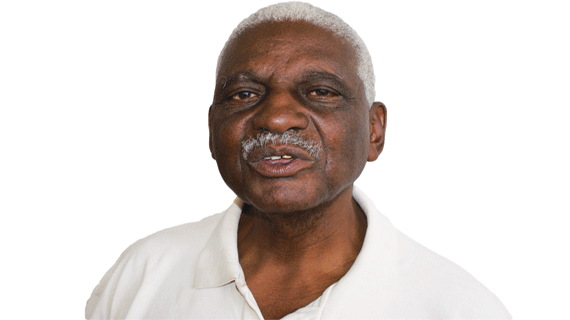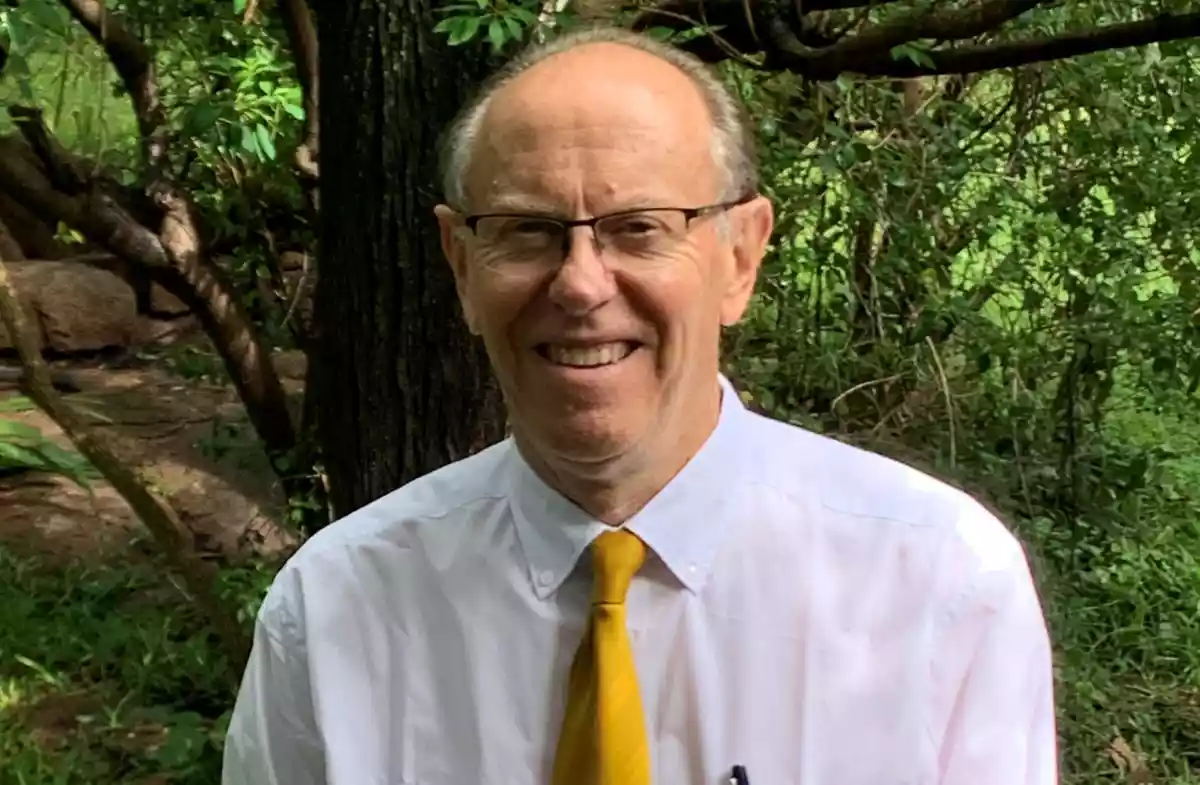
THIS subject is our hobby horse, we will return to it over and over again and we will no tire talking about it.
It has been said that the language of a people is as good as their culture, but not the other way round because it is culture that forms the language.
People verbalise what they do and see and how they visualise the world around them – they give language to these aspects.
If I feel pain I have to find a way to express that pain , kubuhlungu and in time I must find language to define the nature and source of that pain: ngiyatsha, ngiyahlatshwa, ngiyalunywa, ngiyasengelwa, ngiphuma ithuthuva, ngilethumba, and so on.
It is all pain but language defines it as essentially each one gives a different sensation. How do you explain this behaviour emanating from pain: Ngimbone ngokuyobayoba ukuthi uphethwe yisisu. Watshobatshoba nje usuntinyelwe ngulonyovu lowo yini?
These forms of behaviour are cultural because a Ndebele person reacts differently from somebody else of another culture. The sentences above are culturally loaded.
Culturally ( some people would prefer to say grammatically) Ndebele behaves in a different way from other languages, in spite of close similarities with other Bantu languages.
Take for example the verb stem – dla (to eat) and change it to its applied form -dlela (eat for, that is , on behalf of). This form alone is capable of a wide variety of literal and idiomatic meanings.
- Chamisa under fire over US$120K donation
- Mavhunga puts DeMbare into Chibuku quarterfinals
- Pension funds bet on Cabora Bassa oilfields
- Councils defy govt fire tender directive
Keep Reading
Consider: Ungabodlela umntwana ukudla kwakhe. Ungabodlela enkezweni uzatshada kukhiza, kulomqando. Hambani liyodlela phandle. Lamhla inhlanzi ziyadlela khakhulu. Suka lapha, wangidlela indlala ngilapha ngenzeni kuwe? Other verbs with the -ela form behave in the same way.
Consider also the –isa form of the verb stem -dla which is -dlisa. Lamhla ngimdlise idelele alizondayo. Umalume uyagula kuthiwa wadliswa koSibanda.
Umuntu wemzini kangadli yedwa wothani ngimdlise (ngidle laye). UMaDube wayidlisa indoda yakhe yikho ilala phakathi kwamanye amadododa. Ngipha ibilebile lelo ngiyedlisa ngalo inyama yami le. Umfana wadlisa inkomo ensimini kaNdimande wambamba ngoswazi.
Ndebele, like other languages, has technical terms concerning special activities and particular cultural aspects. Consider the brewing of traditional beer.
Kuyini imithombo, umhiqo, amasusu, ivanya, ukugwaqa, ukuphosa , ukuvubela , ukuhluza, isidudu? Manengi amanye anzima.
Ukubhukutsha: Ukutshaya ibhamu, ukuntsheza, ukucwila, ingege, ukubhudlukela, ukuvumbuluka, ukugalula, ukuhitshwa.
Ukutshaya: Ukubetha, ukumukula, ukuhlankala, ukuqhunsa, ukumakala (wakala) , ukunqinda, dutshuza, gqimiza, nqonda, muhluza. Kuyini ukufumbatha isibhakela?
Ukubasa Umlilo: Ukuphemba umlilo, incwathi, ukulumatha, amacabela, isikhuni, amalahle, intuthu, ilangabi, inhlansi, amagciwane, umlotha.
Ezinye Izitho nxa kuhlinzwa: Umlenze, umhkono, ifitshane, inklangu, inkamanzi, ugqogqo, umbendeni, amadilikelana, amalulu umhlubulo, isankala, ukanetwa, umthala, isadijana, impundu.
A major characteristic of the Ndebele language and culture is its unity in diversity. That is how the Ndebele nation and language were built up.
The Nguni, the Kalanga, the Tonga, the Sotho, the Venda, the Nambya were all wielded together into one Mthwakazi nation (not tribe). Once upon a time boundaries were clear and known.
The name Matabeleland was/ is a foreign creation standing in the place of KoMthwakazi. Remove any one of the building blocks and the whole structure is weakened.
What is more is that no one block should claim to be more important than others. Our culture is one in diversity.
That is to say that we have various languages and cultural groups all of which need to be actively promoted and developed fully to increase the richness of this diversity.
Some people outside have attempted to blow this diversity out of proportion and to project is at separateness in order to weaken Mthwakazi as a nation. Some people within have fallen victim to these machinations but have not swayed the Mthwakazi population to their side.
Many nations have this diversity of sub- languages and sub-cultures. That is the beauty of the rainbow which, however, always remains as one band of beauty.
What the nations do is to settle on one dominant language which becomes everybody’s language to facilitate national communication. The Venda in the far South need to communicate with the Tonga in the north.
In our case Ndebele is the common language of Mthwakazi. No one should claim it as being their language more than of the other. A Nambyan should be able to work and live in Plumtree without and language hassles.
What is weakening Mthwakazi most is our tendency to copy other people’s customs and to simply acquiesce to their languages. Ama Ndebele ngothathekile.










